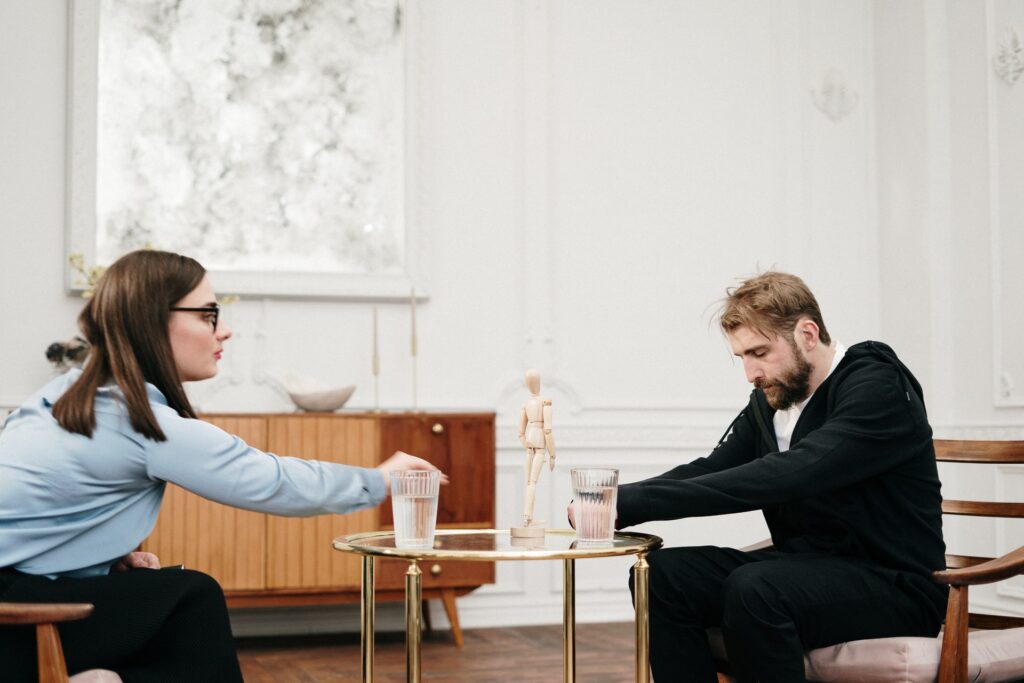Behaviours do not develop in isolation. Instead, BCT practitioners believe behaviours are
learned according to consequences and rewards. Behavioural couples therapy (BCT) is an
evidence-based treatment that helps couples learn new skills to improve communication and
problem-solving. It also teaches them how to manage stress and conflict in a healthier way.
The Basics of Behavioural Couples Therapy
BCT is a type of therapy for couples that involves both partners in the treatment; the one
seeking help, and the one without addiction. The primary goal of BCT is to improve
communication skills and to develop a willingness and acceptance of change. If both partners
attend counselling sessions with a therapist who uses BCT techniques, they will learn how to
communicate more effectively and solve problems without relying on the influence of drugs or
alcohol.
Most BCT programs will consist of 12 – 20 sessions conducted over a 3 to 6-month period, with
sessions starting as soon as the addicted partner is willing to accept help. Behavioural couples
therapists for substance abuse will attempt to develop positive behavioural changes such as
negotiation, expressing emotions, listening, and performing random acts of kindness.
The first BCT sessions occurred in the 1960 and 1970s and were inspired by operant
conditioning techniques developed to address a range of disruptive behaviours. By 1973, BCT
techniques had developed that allowed practitioners to treat relationship issues through skills-
based training.
Types of Behavioural Couples Therapy
There are three main types of BCT: individual, couple, and family. BCT focuses on helping each
member of the relationship improve his or her own behaviour, while the addicted personalities
learn to manage their disorder by rewarding abstinence.
The Family Disease Approach is one BCT strategy that treats substance abuse as a family
issue, rather than an isolated case. The premise behind it is that every member of the family
suffers in some way from the addiction. Each family membered is encouraged to analyse their
personal processes when dealing with the addiction.
Couple BCT aims to help couples disrupt harmful patterns and build skills for them to modify
their behaviours in ways that will encourage long-term abstinence.
Another significant advantage of BCT is that results have shown that treatment has a beneficial
effect on more than the addiction. Other areas also receive benefits, such as a reduction in
intimate partner violence and improvements in emotional stability.
Behavioural Couples Therapy Benefits
Behavioural couples therapy is a form of psychotherapy that focuses on improving
communication between partners. It helps patients learn new ways to cope with stress and build
healthier relationships. Therapists use CBT techniques to teach couples how to better
communicate with each other and resolve conflicts. They also encourage them to practice
healthy behaviours such as exercising regularly, eating well, and getting enough sleep.
If you’re struggling with an addiction, you have treatment options. BCT trained therapists can
assist in helping you and your partner with developing the skills you need to rebuild the
communication channels, establish trust, and getting your relationship back to happier days.
Better Marriage is the best place to learn everything you need to know about saving your marriage. We will tell you how to keep your marriage alive and well. Read More about Save My Marriage At Better Marriage







